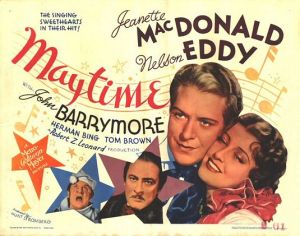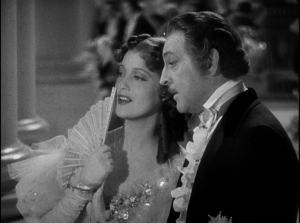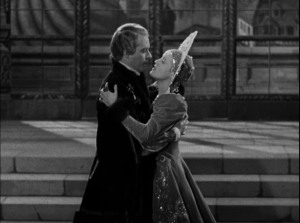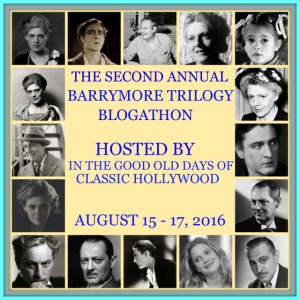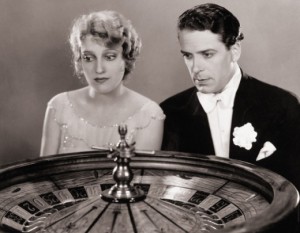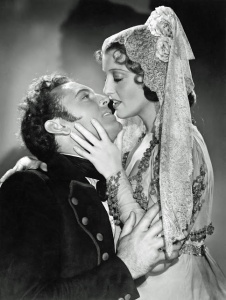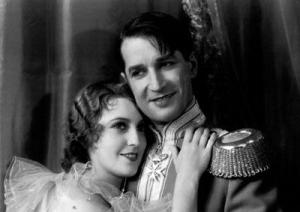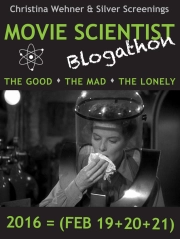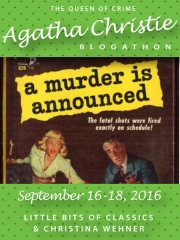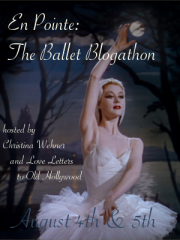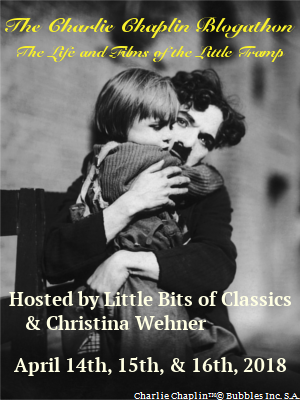 In the 1930s, there was literally a musical for every kind of musical taste: Bing Crosby and crooning; Fred Astaire and the great standards from Gershwin, Berlin, and Kern; classically-trained singer Deanna Durbin, swinging and ballad singing Alice Faye. And for operetta, there was Nelson Eddy and Jeanette MacDonald.
In the 1930s, there was literally a musical for every kind of musical taste: Bing Crosby and crooning; Fred Astaire and the great standards from Gershwin, Berlin, and Kern; classically-trained singer Deanna Durbin, swinging and ballad singing Alice Faye. And for operetta, there was Nelson Eddy and Jeanette MacDonald.
Bitter Sweet is the second to last of eight movies that Eddy and MacDonald made together. It’s definitely not in the same league as Maytime, Rose-Marie, or Naughty Marietta, but I was once again struck with what beautiful chemistry they have while singing together. It’s like the singing equivalent of Astaire and Rogers. Astaire and Rogers have their sexiest chemistry while dancing and Eddy and MacDonald have their sexiest chemistry while singing.
In Bitter Sweet, the year is 1890 in London and Sarah Millick (MacDonald) is in love with her music teacher, Carl Linden (Eddy), though she is engaged to the stultifyingly dull Harry Daventry. She and Carl elope and return to his home in Vienna, but he has very little money. He is trying to interest anyone in his operetta while she inadvertently attracts the amorous attentions of Baron von Tranisch (George Sanders, in short-cropped hair and monocle).
With a title like Bitter Sweet, it’s not surprising that the film ends tragically, somewhat similarly to Maytime. Though not quite as successfully.
 Bitter Sweet is an adaptation of Noel Coward’s 1929 operetta “Bitter Sweet.” He was inspired, he said, to write the operetta after listening to Johann Strauss II’s “Die Fledermaus” (The Bat), which is a satiric comic operetta about the wealthy and aristocratic in 1890s Vienna. Evidently, Coward’s “Bitter Sweet” was partly in the mold of a satire. The 1940s film, however, is squarely in the serious romance category.
Bitter Sweet is an adaptation of Noel Coward’s 1929 operetta “Bitter Sweet.” He was inspired, he said, to write the operetta after listening to Johann Strauss II’s “Die Fledermaus” (The Bat), which is a satiric comic operetta about the wealthy and aristocratic in 1890s Vienna. Evidently, Coward’s “Bitter Sweet” was partly in the mold of a satire. The 1940s film, however, is squarely in the serious romance category.
The film is in color, the first film in color that I have seen with MacDonald and Eddy. Adrian designed the gowns and as is usual with Adrian, I sometimes have the impression that the gowns could get up and walk by themselves, such extraordinary creations they are. I always enjoy Adrian’s gowns.
But I have to bring up the topic of neckties and the power of suggestion via neckties. In the beginning of the film, when Carl and Sarah sing their first duet, he is wearing a bold blue necktie that matches her dress. Clearly, they are meant to be together. At the end of the film, after he is dead, a certain sympathetic Lord Shayne (Ian Hunter) is helping Sarah produce Carl’s operetta and is wearing a more subdued blue necktie. It occurred to me that perhaps it was a sign that Lord Shayne was destined to be part of Sarah’s future. I thought I might have been reading too much into the color of a necktie, but when I later read the plot of Coward’s original operetta, it turns out that she does indeed marry Lord Shayne.
 One difficulty with the film, however, is that Jeanette MacDonald is a little too old for the role she is playing, though Eddy is not, since he’s supposed to be older. She simply appears far to knowing and mature a woman to be so naive in general, and especially about the intentions of Sanders. Even in her early days appearing in Lubtisch operettas, she projected intelligence, even when playing flighty women. It also doesn’t generate the same level of tragedy that Maytime does, with the death of Eddy coming a bit too abruptly.
One difficulty with the film, however, is that Jeanette MacDonald is a little too old for the role she is playing, though Eddy is not, since he’s supposed to be older. She simply appears far to knowing and mature a woman to be so naive in general, and especially about the intentions of Sanders. Even in her early days appearing in Lubtisch operettas, she projected intelligence, even when playing flighty women. It also doesn’t generate the same level of tragedy that Maytime does, with the death of Eddy coming a bit too abruptly.
Perhaps the most hilarious moment of the film, however, comes when both Carl and Sarah try, separately, to trade singing lessons for a chicken. The trouble is that they both try it on the same shopkeeper. Like the shopkeeper, if I encountered anyone in the streets who sang like either of them, I would probably consider myself lucky to trade a chicken for some lessons.
And for me, the most effective moment, though brief and unpretentious, is when Sarah (called Sari by her husband and now by everyone in Vienna) is climbing up the many stairs to her apartment after successfully singing in the opening of Carl’s operetta. It’s not a long moment, but it mirrors the moment earlier in the film when Carl carried her up all those flights of stairs. Despite the applause and music and success she just experienced, we know that when she reaches the apartment upstairs, it will be empty now. It’s poignant, perhaps even more poignant than the song she sings when she reaches the top and opens the window to reprise their love song.
I’ve been making it a point to see every film that Eddy and MacDonald made together and am now closing in on my goal. All that remains is I Married an Angel and Sweethearts. Thanks so much to Pure Preservation Society for hosting “The SInging Sweethearts Blogathon.” Happy Valentines Day!

